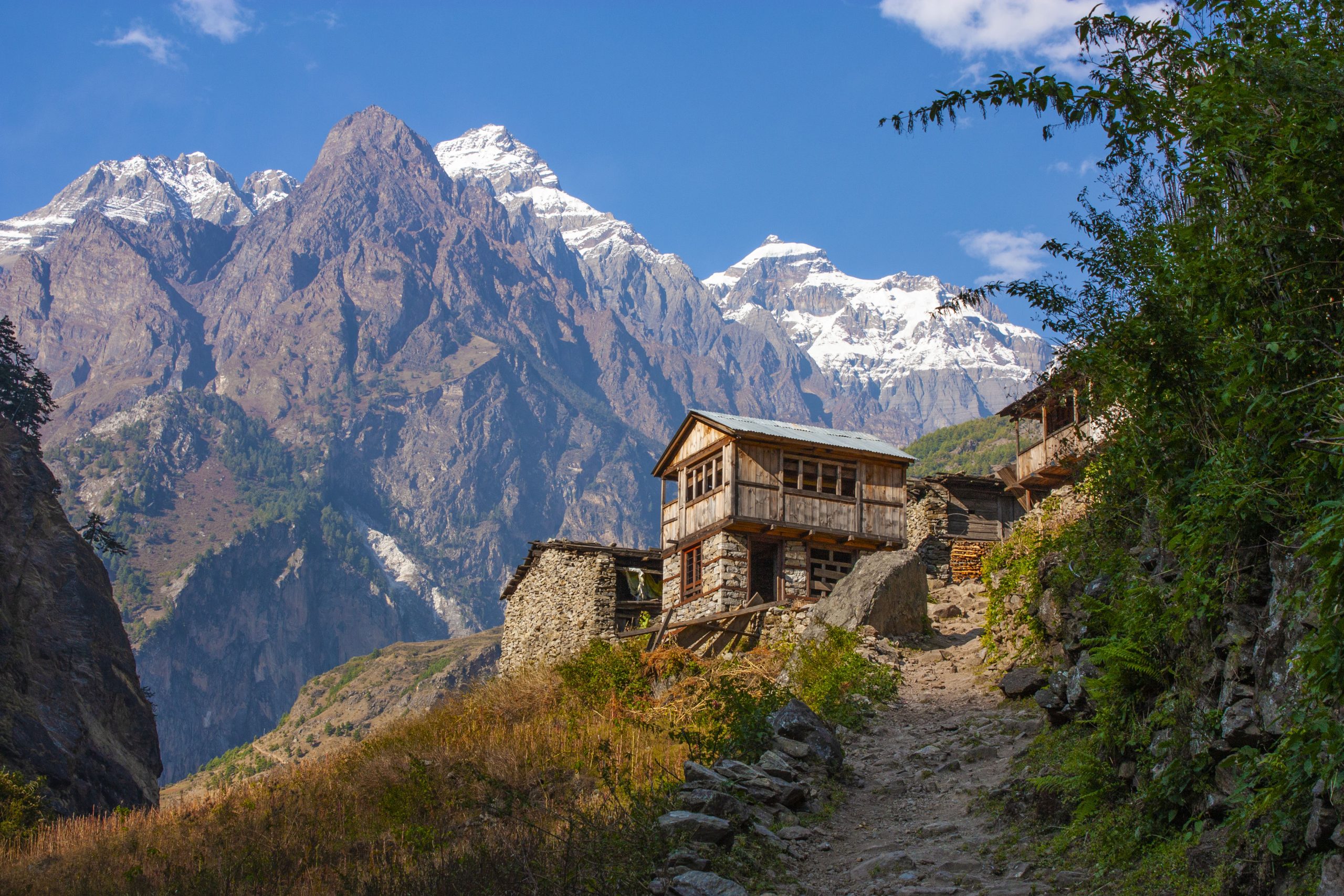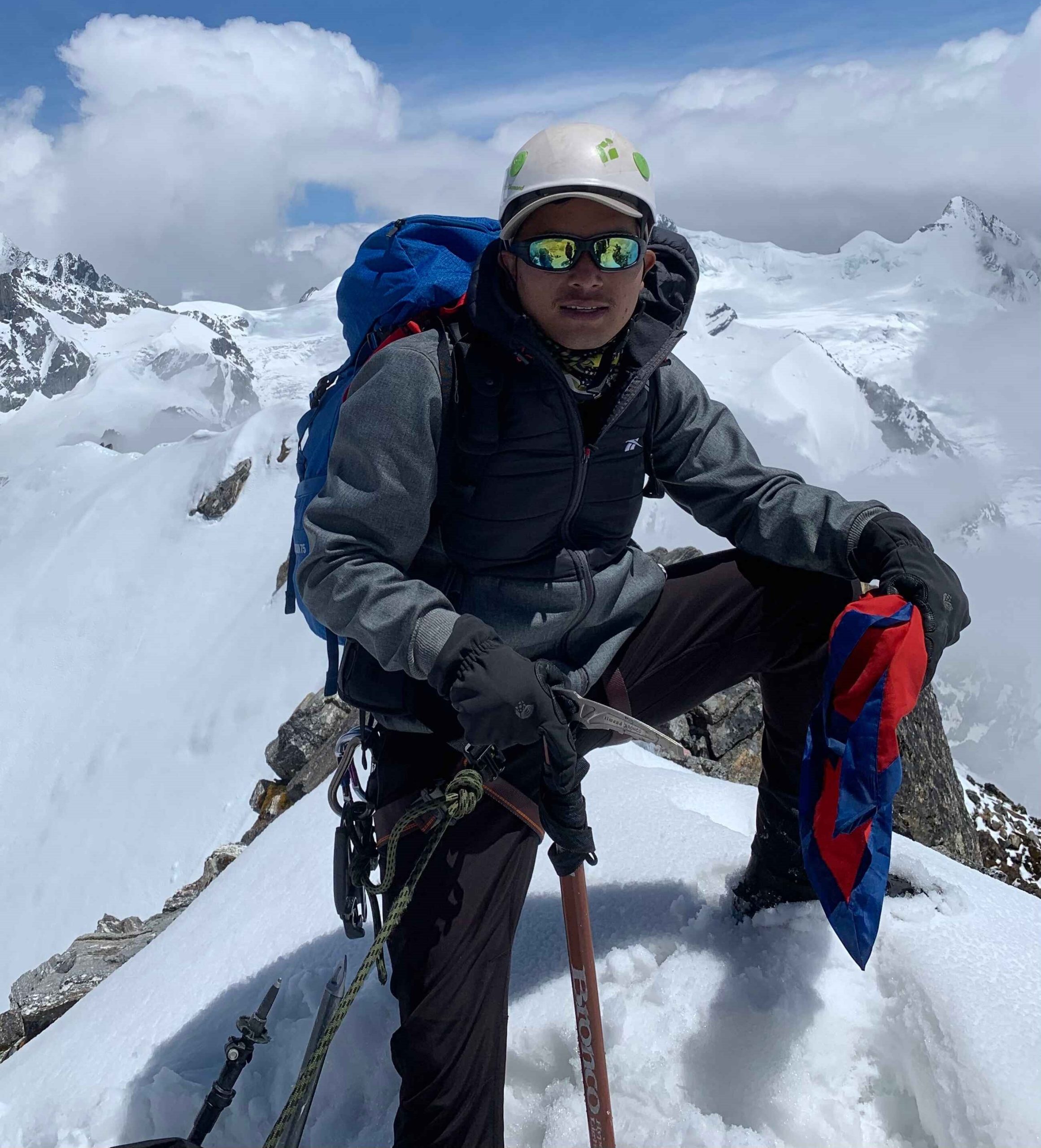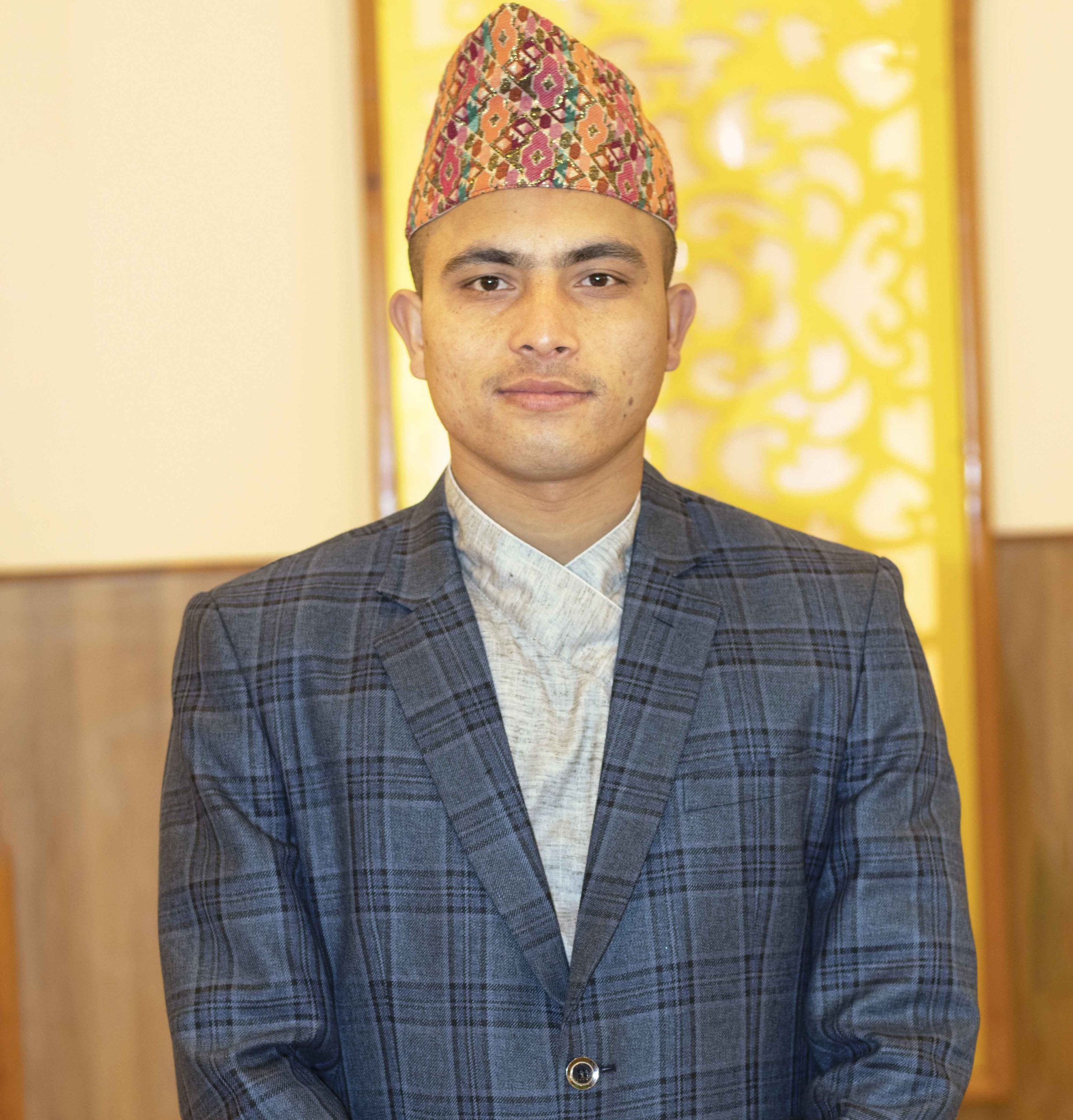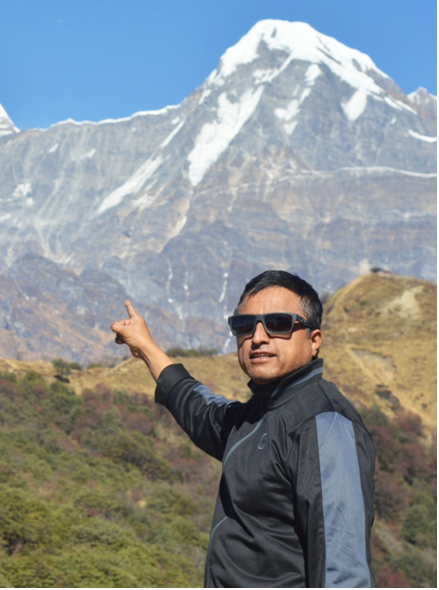MENUMENU
- Home
- Destination
- Activities
- Trekking and Hiking
- ANNAPURNA BASE CAMP TREK
- ANNAPURNA CIRCUIT VIA TILICHO LAKE TREK
- EVEREST BASE CAMP TREK
- EVEREST BASE CAMP VIA GOKYO
- EVEREST THREE PASS TREK
- EVEREST PANORAMA TREK
- AMADABLAM BASE CAMP TREK
- MANASLU TREK
- MARDI HIMAL VIA POON HILL
- LANGTANG VALLEY TREK
- UPPER MUSTANG TEA HOUSE TREK
- UPPER MUSTANG CAMPING TREK
- DHAULAGIRI CIRCUIT TREK
- KANCHENJUNGA TREK
- MARDI HIMAL TREK
- MAKALU TREK
- TSUM VALLEY TREK
- THE LAYA GASA TREK
- CHOMOLHARI TREK
- TIBET LHAMO LHATSE TREK
- INDIA MARKHA VALLEY TREK
- Cultural & Festival Tours
- Combo Treks
- Jeep And Bike Tours
- Luxury Treks
- Volunteerism
- Peak Climbing
- Multiple Adventures
- Trekking and Hiking
- Travel Advise
- Company





